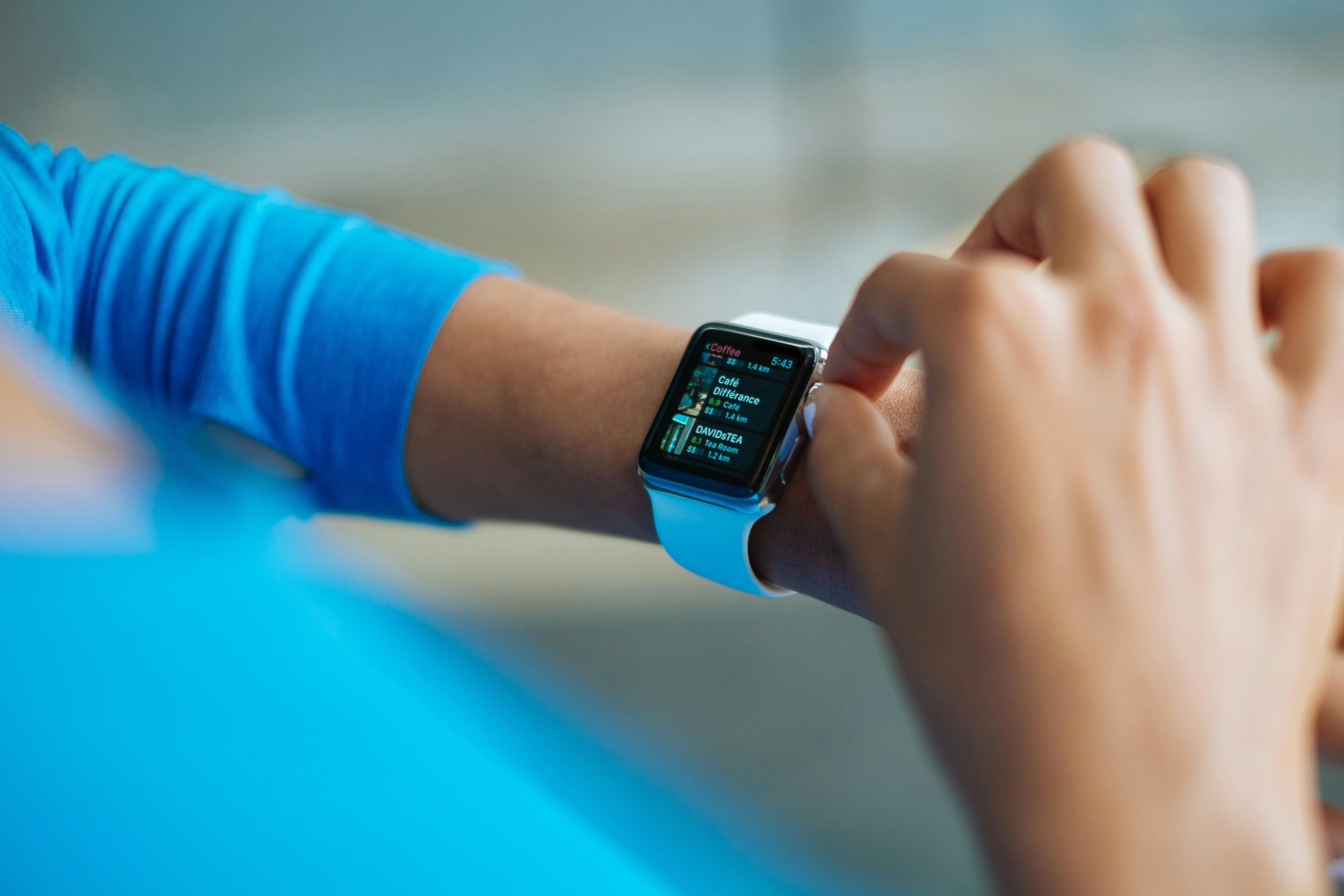The Dawn of Next-Gen Smartwatches: Biometric Sensors & Beyond
In the rapidly evolving tech landscape, smartwatches have emerged as a new battleground for innovation. Their compact size and close proximity to the human body have made them an ideal platform for advanced health tracking features. But the latest trend propelling them into a new era? Biometric sensors.

The Journey of Smartwatches: A Brief Overview
The voyage of smartwatches started with simple devices that offered little beyond timekeeping and basic notifications. The introduction of fitness tracking features marked a significant development, but it was the incorporation of health monitoring capabilities that changed the game. Companies started equipping smartwatches with sensors to monitor heart rate, blood oxygen levels, and even sleep patterns. Today, the race is on to take these devices to the next level with biometric sensors.
Biometric Sensors: Breaking New Ground
Biometric sensors are devices that measure and analyze human physical and behavioral characteristics. In the case of smartwatches, these sensors are used to gather data about the user’s health and fitness. The current trend? Advanced sensors that can monitor body temperature, stress levels, hydration status, and much more. These features are paving the way for smartwatches that can potentially detect health conditions and provide essential insights into the user’s well-being.
Latest Developments: What’s Coming Up
Tech companies are pushing the boundaries of what’s possible with biometric sensors in smartwatches. Apple, for example, is reportedly working on a next-generation Apple Watch that can measure blood glucose levels — a feature that could be a game-changer for people with diabetes. Meanwhile, Fitbit is rumored to be developing a hydration tracking feature for its smartwatches.
Pricing and Impact on the Market
Given the advanced technology involved, smartwatches with biometric sensors are expected to be priced at the higher end of the market. However, their potential to revolutionize health tracking could drive significant demand, leading to a positive impact on the market. According to market research firm Allied Market Research, the global smartwatch market is projected to reach $31.07 billion by 2025, with health-centric features being a key driver.
The Future of Smartwatches
The integration of biometric sensors in smartwatches is a clear indication of where the industry is heading. As these devices become more feature-rich and technologically advanced, they will play an increasingly important role in health and fitness tracking. While there are still challenges to overcome — such as accuracy of data and privacy concerns — the potential benefits are immense. The dawn of next-gen smartwatches is here, and it’s clear that biometric sensors will be at the heart of their evolution.






